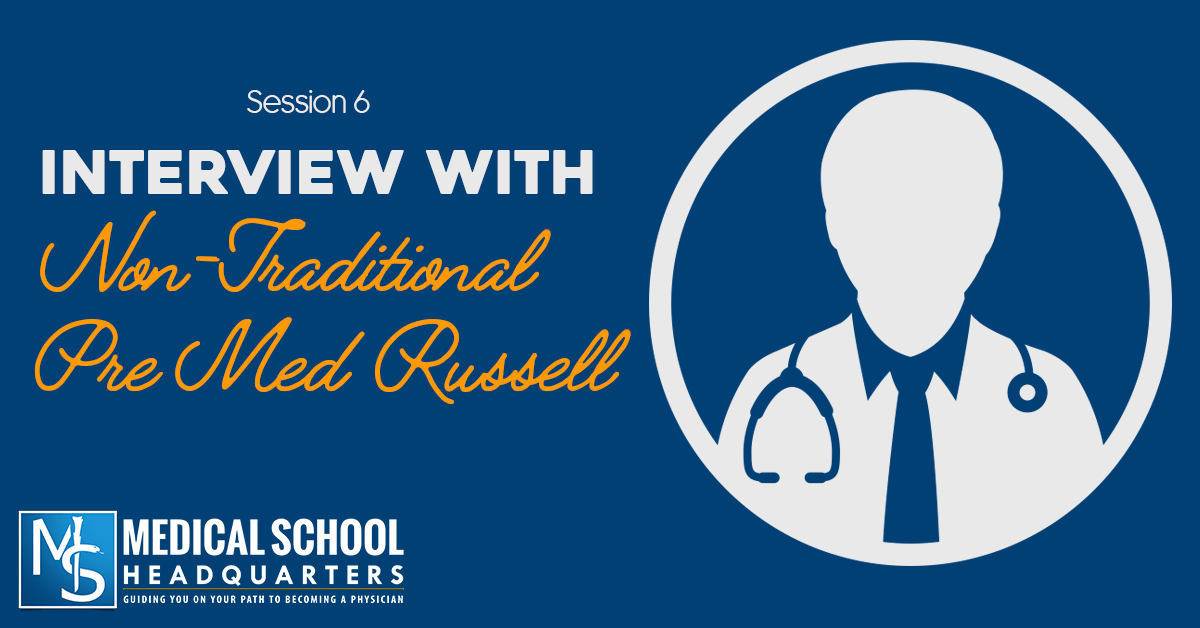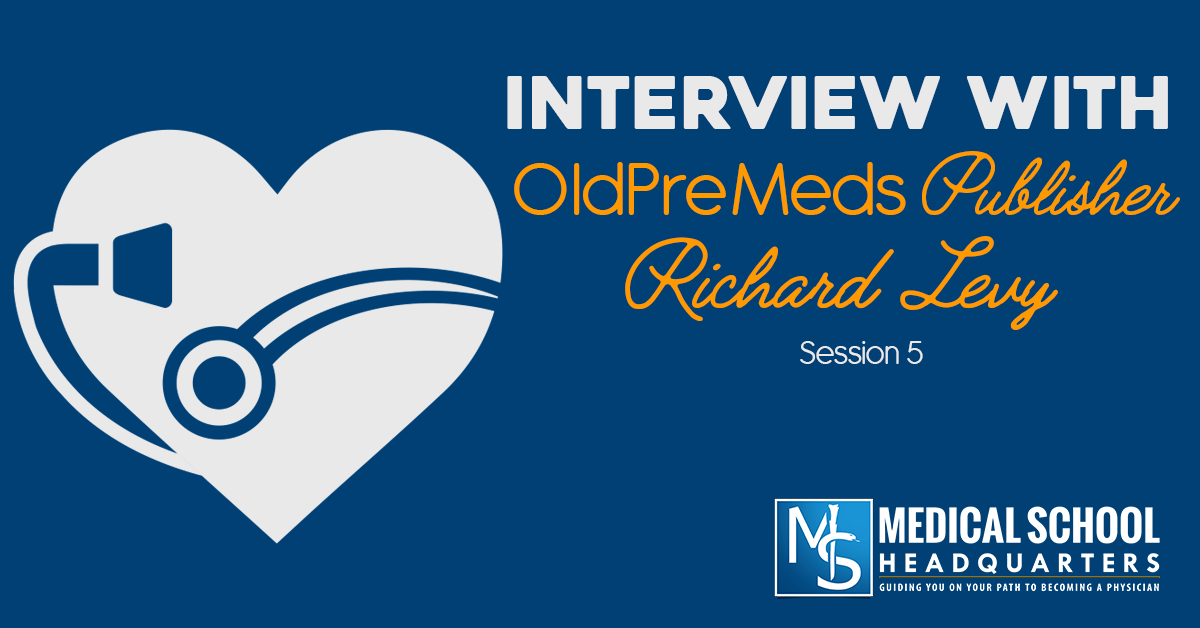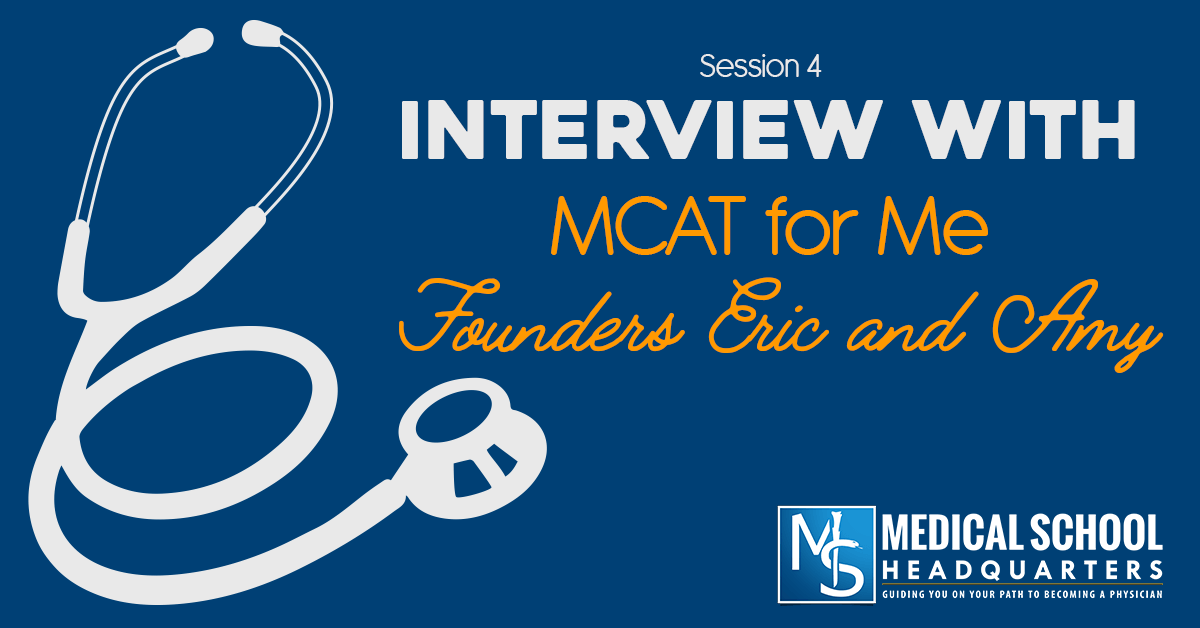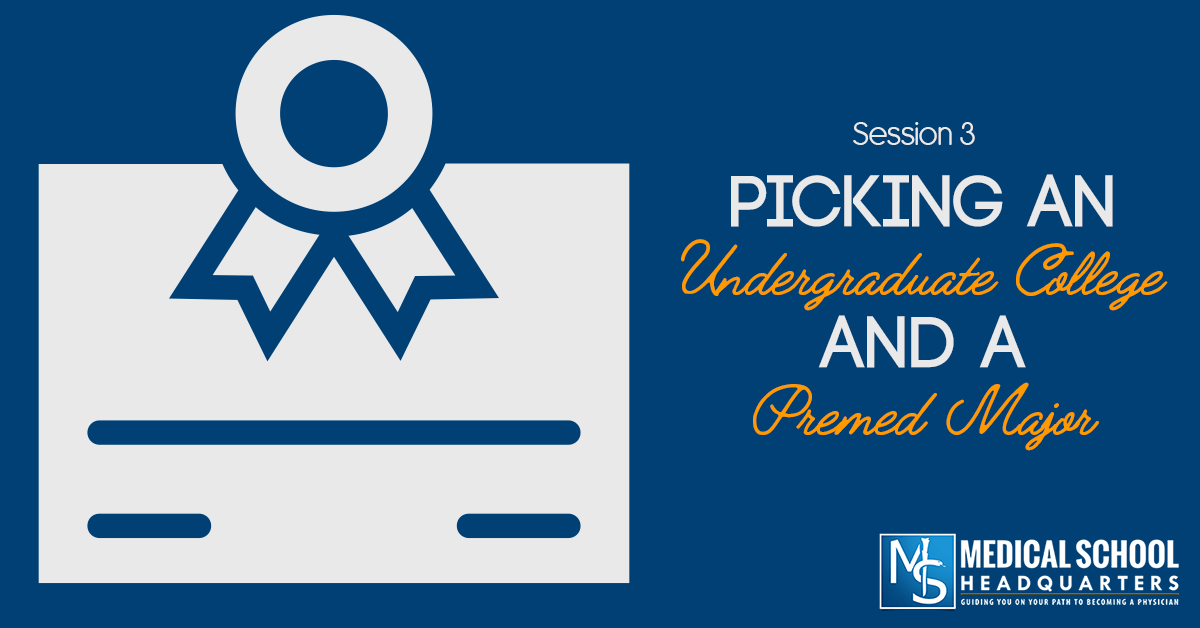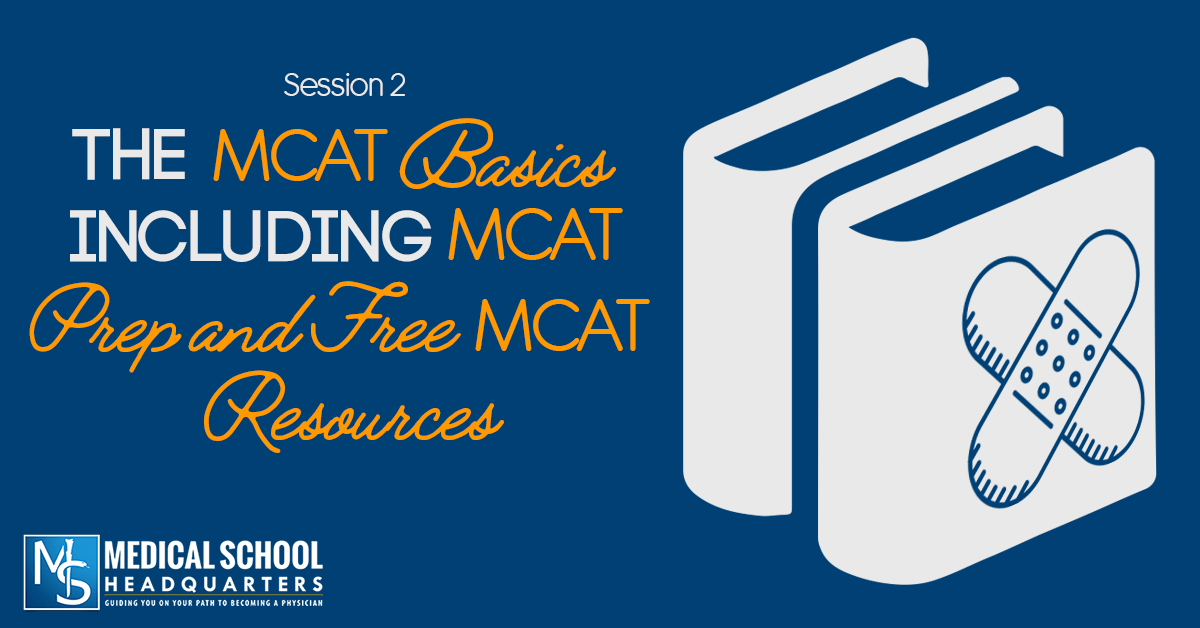Blog
RECENT POSTS
New Class of 2012 AAMC Data is Available
One of the biggest complaints that I have when I browse around the web looking at pre med advice is that there is a lack of TRUE data, a lack of REAL statistics in the advice being given.
Every year the AAMC, the main body behind allopathic medical schools, puts out amazing data showing the breakdown of applicants and matriculants to M.D. medical schools.
Interview with Non-Traditional Pre Med Russell
In the 6th installment of The Premed Years I had a great conversation with Russell. He is a non-traditional student, 35-years-old and a schoolteacher with a wife and 3 children. He decided to pursue a career in medicine late in life and is now accepted to Michigan State University College of Osteopathic Medicine!
We discussed the path to music that Russell originally took in life and some of the struggles he had when looking for information and connections in the medical field.
Russell shared his experience building a DIY Post-bac program without really knowing what a Post-bac program is.
We also talk a lot about Russells experience during the interview process at both D.O. and M.D. schools and he shares why he thinks D.O. schools are more open to the non-traditional student.
Interview with OldPreMeds Publisher Richard Levy
In session 5 of The Premed Years I talked to Richard Levy of OldPreMeds.org (OPM). OPM is the #1 resource of pre med and medical school knowledge for the non-traditional medical student.
A non-traditional medical student comes in many varieties and usually is somebody that is coming late to the game of medicine. It could be somebody that didn't know they wanted to be a physician until later in life, or it could be someone who had to take some time to increase his/her grades to have a better chance at getting an acceptance into medical school.
Reader Profile: TJ
If you're interested in contributing to this series, then drop me an email. The series can be a very valuable source for readers and I need a steady stream of new ones to keep it going.
Next in the series is MedicalSchoolHQ reader TJ. He answered my questions (in red below) as follows:
Please tell us a bit about yourself (include where you are in your path to becoming a physician).
I began my career in education; first as a classroom teacher for 9 years and then as a counselor for 2 years. After years of telling my students that they should "chase their dreams", I decided it was time to go after what I always wanted to do - become a physician.Describe your path to medical school (MCAT scores, undergrad GPA with emphasis on any difficulties in required courses, D.O. vs M.D. and why, and if you are further along in your training any other information you think would be helpful to others – i.e. AMCAS process tips, interview tips).
As a non-traditional student, we are often viewed as having complicated backgrounds. Ironically, my story is far from complicated. Because I didn't take any of the pre-reqs in undergrad, I needed to take them prior to applying to medical school. After researching post-bacc programs here in L.A., I decided that Charles R. Drew University was the best fit because of the school's mission, a close proximity to my house, and the added benefit of the school having an affiliation with a College of Medicine. Although I haven't taken the MCAT yet, I will prepare for the exam through The Berkeley Review. Because my volunteer/shadowing work has been with M.D.'s and my mentor are M.D.'s, it is only natural that I would choose the M.D. pathway.Reader Profile: EK
If you're interested in contributing to this series, then drop me an email. The series can be a very valuable source for readers and I need a steady stream of new ones to keep it going.
Next in the series is MedicalSchoolHQ reader EK. He answered my questions (in red below) as follows:
Please tell us a bit about yourself (include where you are in your path to becoming a physician).
I began taking post bacc classes in May of 2011. I applied beginning in late June of this year, I had several interviews, but so far, I am going to MSU-COM. There are a couple of schools I might like to go to that I haven't heard from yet. I am glad just to have someone. I have a bachelors and master's degree in music educationInterview with MCAT for Me Founders Eric and Amy
In session 4 of The Premed Years I talk to Eric and Amy about their pre med path and what drove them to start creating MCAT for Me. Listen to this podcast to learn about the MCAT, volunteering, picking a pre med undergraduate school, research and more.
Picking an Undergraduate College and a Premed Major
In today's session I talk about choosing an undergraduate school and how to weed out the almost 5 million results from google when searching on the subject.
The MCAT Basics (Including Free MCAT Resources!)
In this session I talk about MCAT basics. I talk a little bit about the long history and beginnings of the MCAT. I then talk about the new format of the 2013 and 2014 MCAT in preparation for the big changes in the 2015 MCAT.
We then talk about MCAT prep. I talk about how free MCAT practice tests are the best place to start, even if you haven’t picked up an MCAT book yet. I give some good resources for free MCAT questions emailed directly to your inbox and we talk about more traditional MCAT prep courses, books and others.
Welcome to The Premed Years!
In this session of The Premed Years I give a brief introduction to the origins of MedicalSchoolHQ.net and why it was started. I talk about why I think podcasting is the next step in bringing great premed information to the masses.
I also take you down my path to becoming a physician and the obstacles that I (like many others) had to overcome.
How To Effectively Shadow a Physician as a Premed Student
Shadowing can be a deciding factor in getting into medical school. Shadowing is the act of following a physician as he/she does his/her typical work activities in a clinic or hospital setting. You might ask why this experience can be so important. First, it may be the defining experience which tells you whether or not you want to be a physician.

